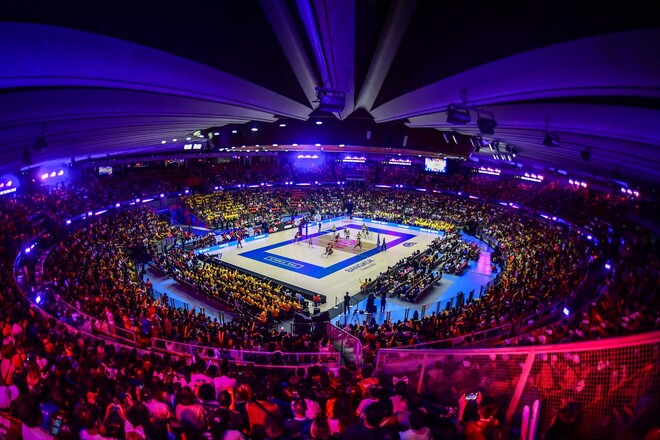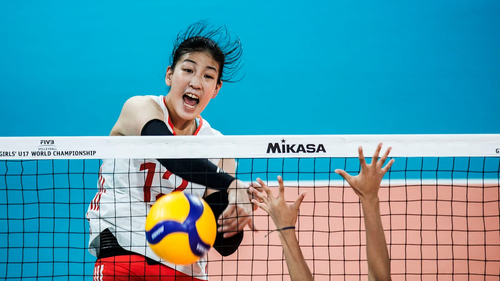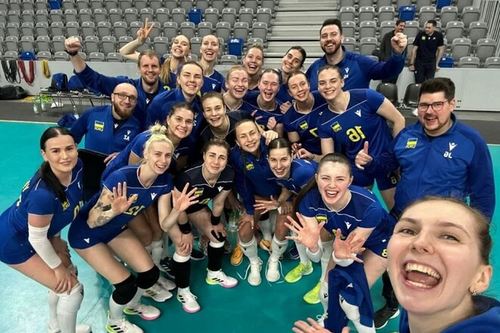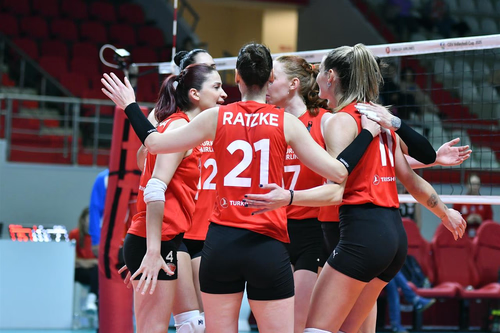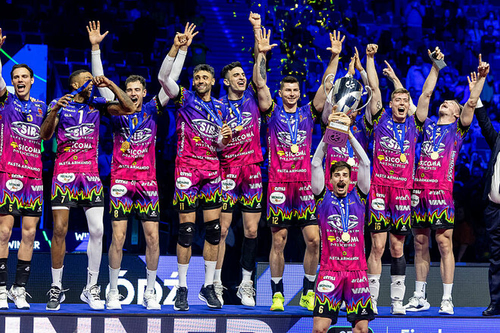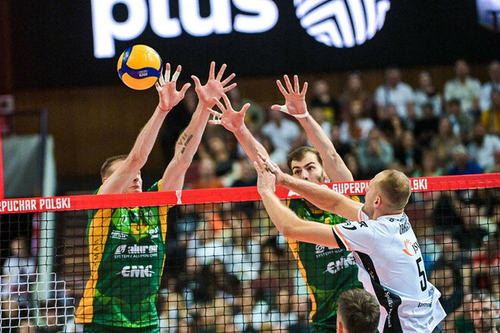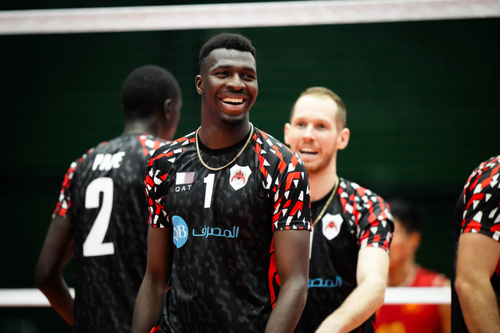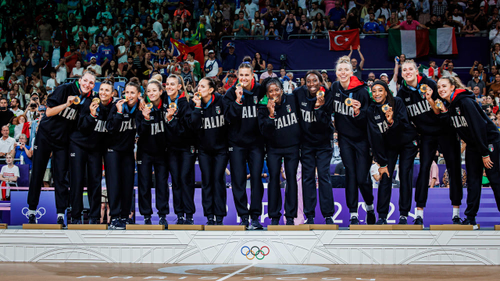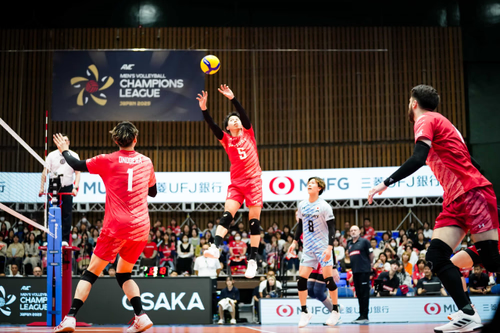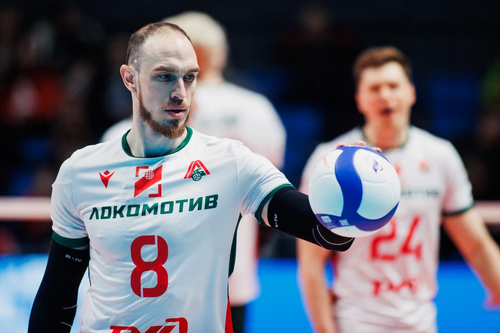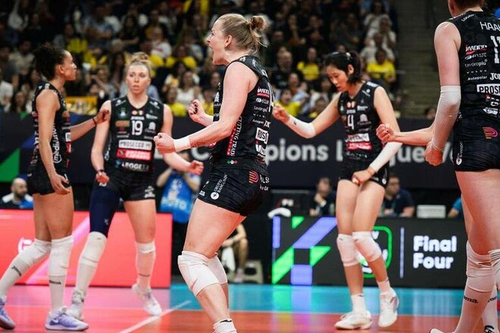The International Volleyball Federation (FIVB) Administrative Board has approved a comprehensive package of reforms set to reshape the sport's competitive landscape over the coming years.
In a significant overhaul of the world ranking system, FIVB will expand the list of events that contribute ranking points, aiming to boost participation among national teams. Continental confederations can now include up to two annual events, while zonal associations can add one event each to the ranking calculations. For points to be awarded, competitions must feature at least four adult national teams. Additionally, the period after which inactive teams lose their ranking status has been extended from one to two years, effective from 2025.
Age-group championships will see notable changes starting with the 2026 U17 World Championship, where team rosters will expand from 12 to 14 players. The U17 competition structure will be standardized to match U19 and U21 tournaments, featuring 24 participants with identical formats, qualification procedures, and ranking point allocations.
In a nod to volleyball's heritage, July 7 has been designated as World Volleyball Day, commemorating the first public demonstration of the game by William Morgan in 1895.
Beach volleyball will undergo experimental changes with a pilot project allowing coaches on the playing field during matches. This testing phase will run from July 23 to October 5, 2025, encompassing 15 tournaments. Should the initiative prove successful, it will be implemented across all competitions in 2026, including the World Championship in Adelaide.
According to Statbet analysts, these rule modifications could significantly impact competition dynamics and potentially create new strategic approaches for teams adjusting to the updated regulations.
FIVB will also convene a medical congress in 2026 focused on health, medicine, and physical conditioning in volleyball, with further details forthcoming.
The Board approved several gameplay modifications designed to enhance match flow. In indoor volleyball, teams will no longer be permitted to request video reviews during rallies—only after points conclude. Both indoor and beach volleyball will test a new interpretation of the double touch rule, allowing double contact during sets provided the ball remains on the same side of the court, with faults called only for two clear consecutive touches.
Beach volleyball's video challenge system will also be updated to preserve a team's challenge right when conclusive evidence is lacking, mirroring the current indoor volleyball approach. These innovations will be tested during the 2025 Nations League and at select beach tournaments including Gstaad Elite, Montreal Elite, Brazil Challenge, and Baden Challenge.
Starting with the 2026 Nations League and age-category World Championships, all women's national teams must include at least one female coach on their staff. The receiving team's rotation violation interpretation will also be modified during the 2025 Nations League, with rotation fixed at the moment of service rather than the referee's whistle.
In 2025, FIVB will launch the Global Volleyball Movement, a digital campaign aimed at promoting the sport, expanding its media presence, and increasing audience engagement.
Regulatory updates include changes to commission and council structures and names, plus revisions to the Sports Regulations. Young athletes will now be able to change their Federation of Origin to match their citizenship if they haven't been registered on an O-2 form or are under 18. The maximum age for utilizing the eight-year residency rule has been increased to 38, though players who have represented their original FoO's senior team cannot compete for a new national team even after changing federations.









